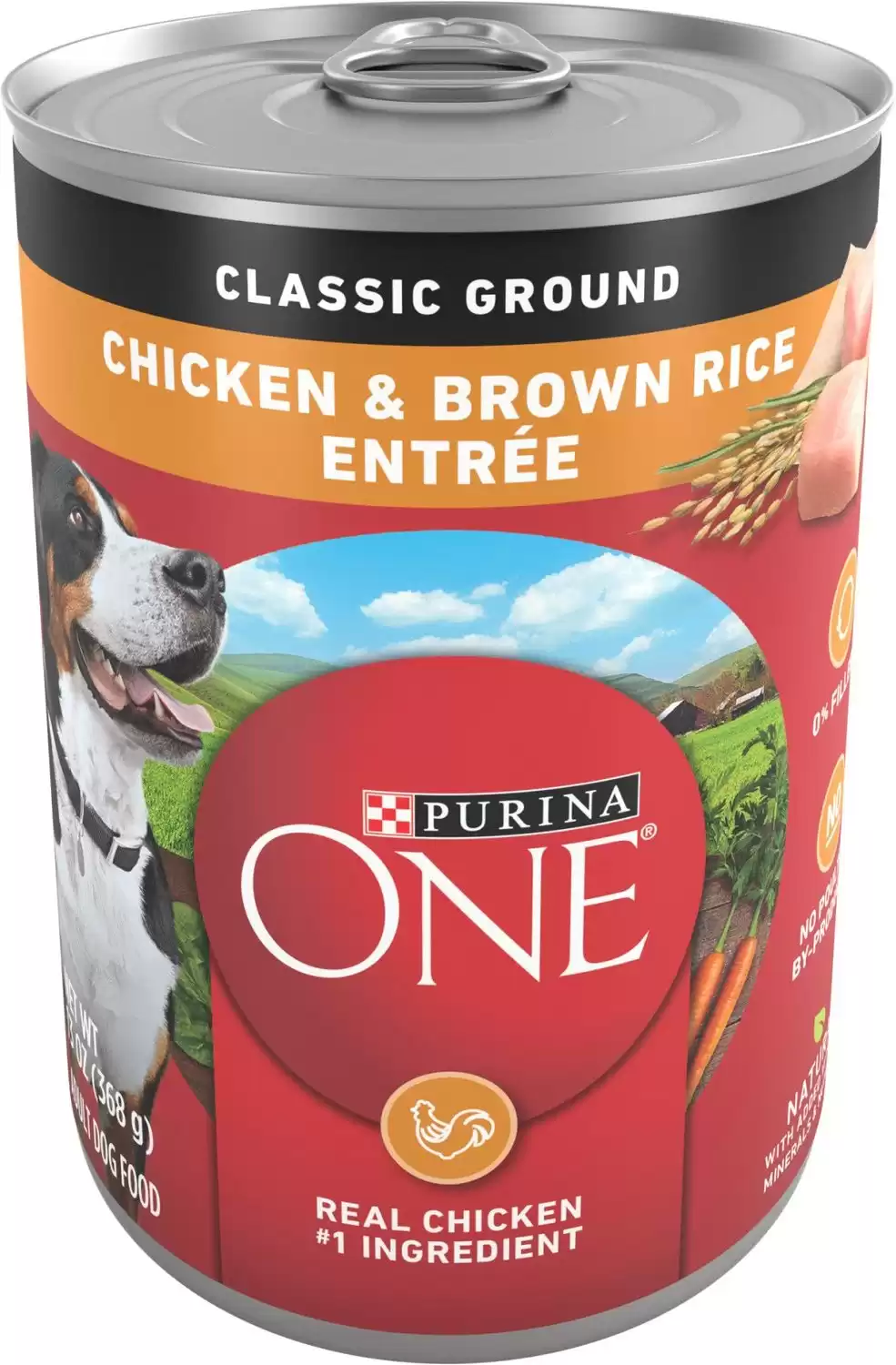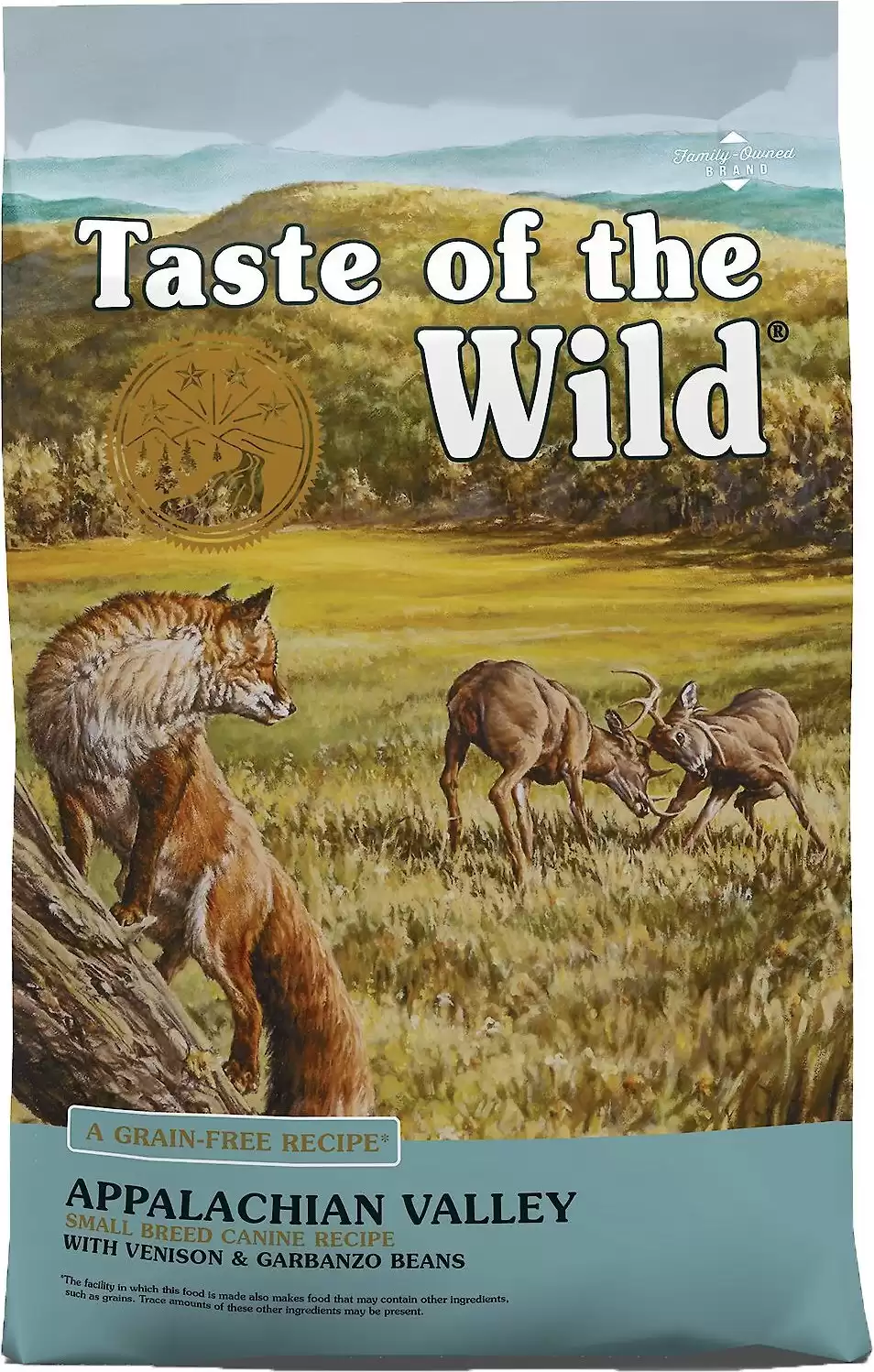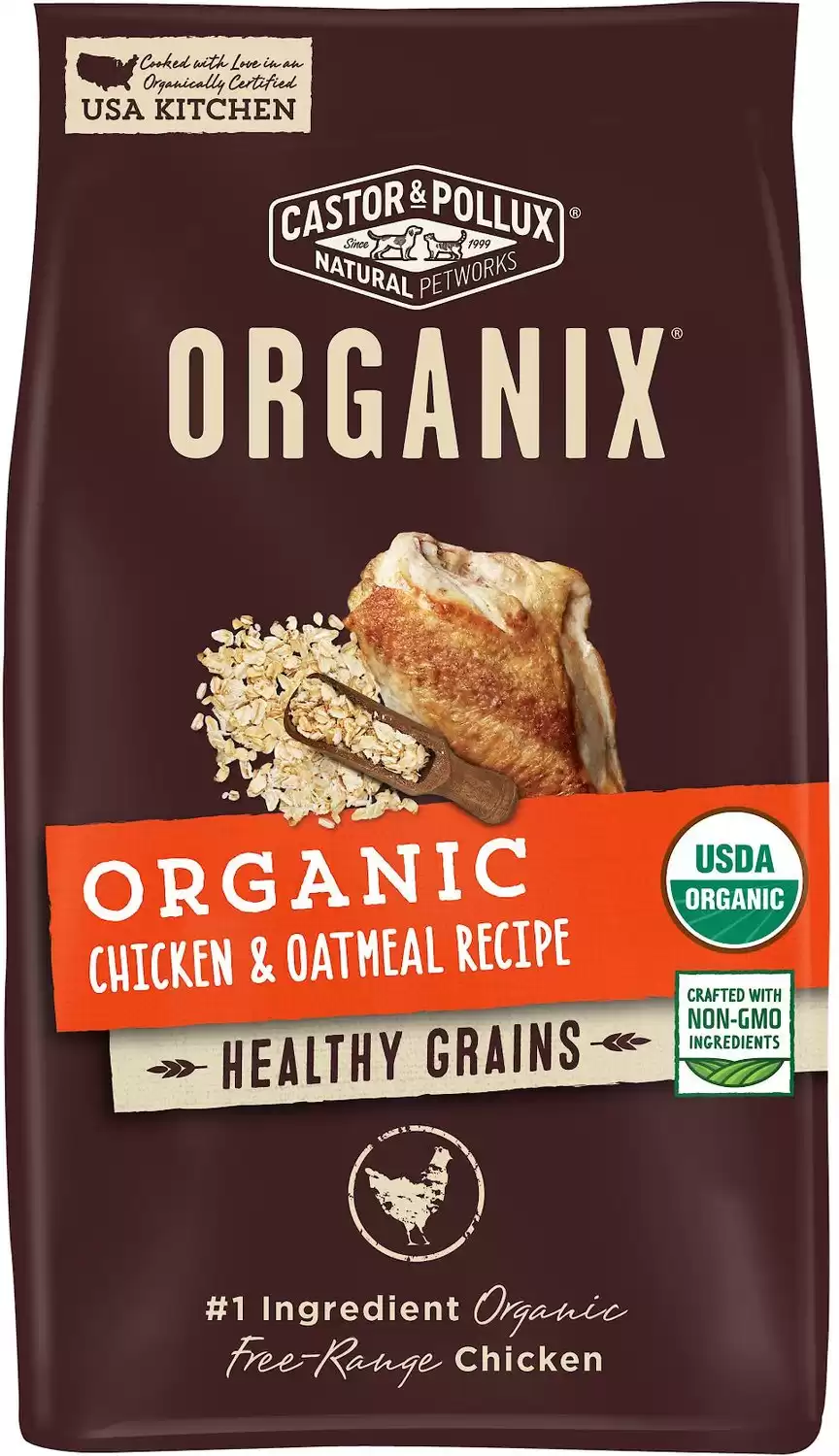Vegetables can make delicious treats for dogs and they’re a much healthier option than feeding them commercial dog treats in most cases. However, it’s important to know that not every vegetable is safe for dogs to eat. Luckily, asparagus is one of the types of vegetables that dogs can eat safely. They pack many wonderful health benefits and can aid in your dog’s nutrition. There are a few things that you’ll want to keep in mind before you begin feeding your dog asparagus. Read on to learn more about the health benefits of asparagus and the risks.
A Look at Asparagus
Asparagus was first cultivated in Greece over 2,500 years ago. It is classified as a perennial, which means that each year it will grow back on its own. This is different than the pattern for most vegetables, which are annuals that must be planted each season. Today, most of the world’s asparagus is grown in Mexico, Peru, Germany, China, and Thailand. These places have the best climate for growing asparagus, which are temperate climates.
Did you know that asparagus comes in different colors? Green is the most common color that you’ll find asparagus in, but it also can be found in white, purple, and even pink! All of these colors still come from the same plant, but the white asparagus lacks its pigment because it is grown completely underground. Because of this, the plant never gets a chance to produce chlorophyll, which would normally give it its color. This type of asparagus is milder in taste than green asparagus and is actually very common in places like Europe.
- Purina One Smartblend Classic Ground Pate Dog Food
- Made With Real Chicken and Brown Rice
- Contains Antioxidants for a Healthy Immune System
- 100% Complete & Balanced Nutrition For Adult Dogs
- Added Vitamins And Minerals Provide Complete And Balanced Nutrition
Health Benefits of Asparagus for Dogs
In most cases, when fed properly, asparagus does not pose any serious risk to dogs. Asparagus is a low-calorie, high-fiber vegetable that comes packed with a ton of nutrients. Let’s go over some of the health benefits of asparagus that your dog can benefit from:
Fiber: The first thing we’ll talk about is fiber since asparagus has a high content of it. As we know, fiber is an important part of maintaining a healthy digestive system—this applies to dogs as well. Although they don’t need as much of it as we do, it’s still very important that they get enough of it so that they can remain healthy. Asparagus contains both types of fiber (soluble and insoluble). Soluble fiber is simply fiber that is able to be dissolved in water. It’s what feeds the good bacteria that are located in our gut. Dogs need enough soluble fiber to help keep their guts healthy. Insoluble fiber, on the other hand, is the type of fiber that helps move waste through your dog’s digestive tract. This helps prevent constipation, diarrhea, or other gastrointestinal distress.
Antioxidants: Asparagus contains many different types of antioxidants, including Vitamin E, A, C glutathione, flavonoids, and polyphenols. each of these antioxidants works together in your dog’s body to help fight off free radicals, which can cause damage to your dog’s cells. Free radicals can be introduced by things like stress and environmental pollutants. Adding asparagus into your dog’s diet occasionally can help cut back on some of the negative impacts these free radicals can have on your dog’s health.
Micronutrients: There are many different micronutrients that can be found within asparagus. Some of those include zinc, iron, riboflavin, and manganese. Your dog uses these micronutrients to help regulate its energy. These come in trace amounts in asparagus but your dog’s regular healthy dog food should contain these in the proper amounts. Your dog would have to consume more asparagus than what would be considered safe in order to get a significant amount of these nutrients, which is why it is important that your dog’s diet never consist of more than 10% vegetables from its daily caloric needs. Most commercial dog foods come formulated with the correct amount of nutrients that a dog needs in order to be healthy. Adding in fruits or vegetables definitely boosts your dog’s nutrition, but they should not make up its complete diet.
•Specialized small breed formula
•Antioxidants, prebiotics, and probiotics for overall health & wellness,
•High protein for muscle maintenance and growth
•Superfoods & fruits for vitamins & minerals
Risks of Feeding Asparagus to Dogs
As we mentioned before, asparagus is high in fiber. And while for humans this would be a good thing, for dogs, not so much. Dogs need fiber as we do, but they don’t need nearly as much. Since asparagus is high in fiber, it can be easy for your dog to consume more than it needs and develop an upset stomach or other gastrointestinal distress. Raw asparagus spears are very tough, even for a human, and they can pose a choking hazard to your dog if they aren’t prepared properly—this is especially the case for small dogs.
In order to reduce the risk of choking, it’s best to cut the asparagus up into smaller, more manageable pieces before serving them to your dog. Even if you have a larger dog breed, this is a good practice, since even big dogs are known to gulp down their food too quickly, oftentimes without chewing. When feeding your dog asparagus for the first time, be sure to only give your dog a few small pieces at a time. That way you can watch your dog afterward and be sure that it doesn’t experience an upset stomach from having too much at once.
•Specialized small breed formula
•Antioxidants, prebiotics, and probiotics for overall health & wellness,
•High protein for muscle maintenance and growth
•Superfoods & fruits for vitamins & minerals
How to Serve Asparagus to Dogs Safely
The best way to serve asparagus to your dog is to serve it cooked plain and cut into small pieces. You can serve your dog raw asparagus if you’d like, just remember it should still be cut into smaller pieces to reduce the risk of choking. Cooking the asparagus allows it to soften up a bit and makes it easier for your dog to chew as well as reduces the risk of choking. If you cook the asparagus, you’ll want to stay away from adding any oil, seasonings, or salt. While these things might make asparagus more palatable for us, they are not healthy for dogs. Cooking the asparagus too long might remove some of the nutrients, so steaming it lightly may be best if you want to retain as many of the nutrients as possible.
•Made with high-quality, organic proteins and produce
•Wholesome recipes
•No artificial ingredients, fillers, or GMOs
Overall
Asparagus is a very healthy vegetable that when served in moderation, makes a nutritious snack for dogs. The best way to serve it is lightly steamed so that it is easier for your dog to chew while retaining most of its nutrients. Fresh vegetables should not make up more than 10% of your dog’s daily caloric intake, as too much fiber can be detrimental to your dog’s health. If your dog has any underlying health issues, its always best to check with your veterinarian first, before introducing a new food into your dog’s diet.
Other Dog-Safe Foods
The photo featured at the top of this post is © zcw/Shutterstock.com
Ready to discover the top 10 cutest dog breeds in the entire world?
How about the fastest dogs, the largest dogs and those that are -- quite frankly -- just the kindest dogs on the planet? Each day, AZ Animals sends out lists just like this to our thousands of email subscribers. And the best part? It's FREE. Join today by entering your email below.
Thank you for reading! Have some feedback for us? Contact the AZ Animals editorial team.









